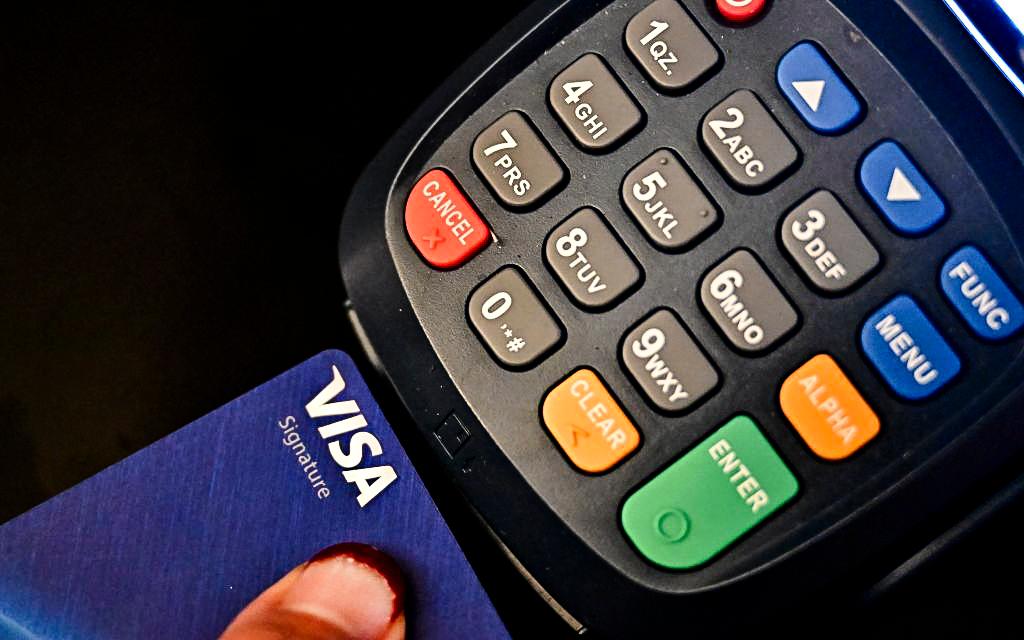Australia’s consumer watchdog has revealed that it receives at least 100,000 consumer complaints each year about businesses applying surcharges for using credit and debit cards without proper disclosure.
During a recent parliamentary inquiry, Rami Greiss, an executive general manager at the Australian Competition and Consumer Commission (ACCC), said many consumers feel frustrated by the unexpected add-on costs at checkout.





